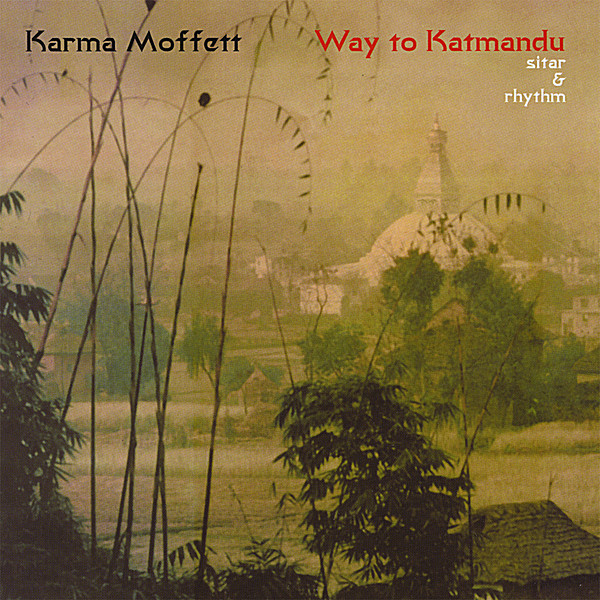
Ray, Kristofer
As Great Britain and France eyed the Illinois country and the Tennessee, Ohio, and Wabash River valleys for their respective empires, the Overhill Cherokees were coalescing and maintaining a conspicuous presence throughout the territory. Contrary to the traditional narrative of westward expansion, the Europeans were not the drivers behind the ensuing contest over the Tennessee corridor. The Overhills traded, negotiated, and fought with other Indigenous peoples along this corridor, in the process setting parameters for European expansion. Through the eighteenth century, the British and French struggled to overcome a dissonance between their visions of empire and the reality of Overhill mobility and sovereignty-a struggle that came to play a crucial role in the Anglo-American revolutionary debate that dominated the 1760s and 1770s.
By emphasizing Indigenous agency in this rapidly changing world, Cherokee Power challenges long-standing ideas about the power and reach of European empires in eighteenth-century North America.







